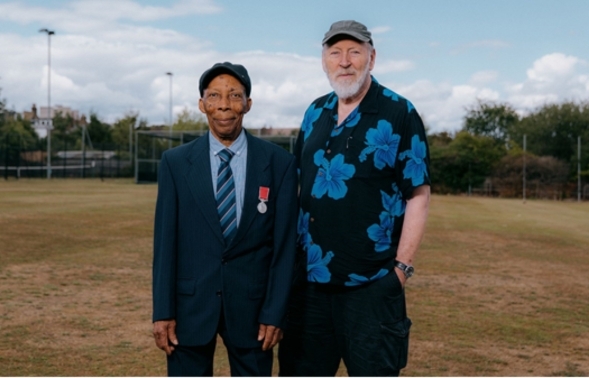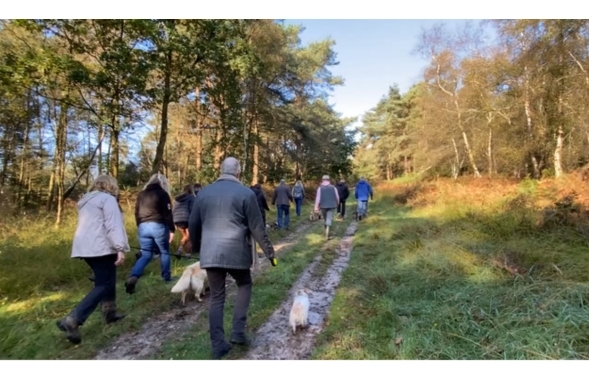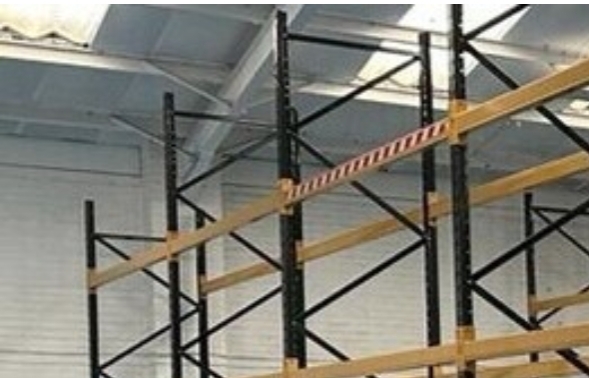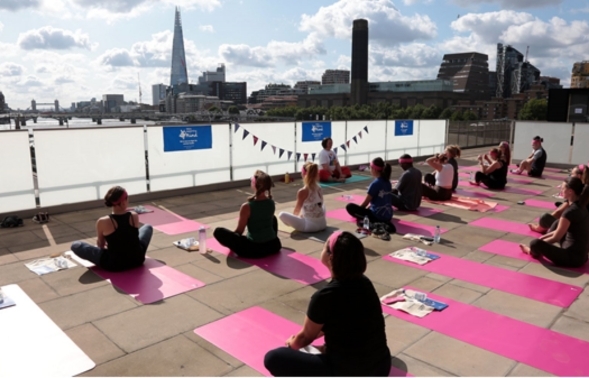I had mixed emotions when Nick and I discussed furloughing me but with many staff already either furloughed or working from home (including Nick) I was realistically running out of things to do.
Sure, there was a tinge of excitement that for the first time in my working life I was going to be having more than a week off; that meant I could get on with some of the projects that I never seemed to get round to because "I work full time and I don't have the time to do them …"!!!
But I was also worried and apprehensive; I didn't like the idea of not working, and I was not sure how well I was going to cope with it. Losing your function in a business, albeit temporarily, can take its toll on people's mental health. I knew that I would miss work, the daily interactions with Nick and just being around the rest of the team.
The first few days were a real novelty, I structured my time, set myself daily goals and kept myself busy by decorating. We set up a management team WhatsApp group and shared thoughts, encouragement, information on the team, government updates and light-hearted content.
Nick was great at keeping in touch with me, even offering me DIY advice on broken cupboard hinges that helped complete my kitchen project!!
This contact was so important, I did not want to make a nuisance of myself contacting him or the management team to check everyone and everything was OK, nor break the rules of furlough, but I did want to stay connected.
Keeping in touch with people while they are off work is vital. You must remember that for a lot of them, they are sitting at home waiting for the next update, which they hope is going to be an instruction to 'come back to work'. If you are used to working full time, the novelty wears off pretty quickly, and then every day starts to feel a bit like groundhog day, with the loss of structure and routine causing boredom and having an impact on physical and mental well-being.
For some staff, furloughing has given them the opportunity to stay at home and stay safe if they have underlying health issues or if they have young children to look after. You do not want to feel that the business can manage without you, but it can reduce anxiety about having to come into work. We were already regularly communicating with our furloughed employees, when I became one of them, I better appreciated and understood what it was like to receive the communications.
2 weeks into my furlough, Nick and I discussed me coming back into work after the 3-week furlough period was completed. I must admit that I was delighted, and very ready to come back to work.
Having a week to get myself mentally prepared was very helpful. I think it is important that employers take into account that if their employees have been off work for a considerable amount of time, to give them as much notice as you can to bring them back in. Even having had just 3 weeks off it was a shock to the system on my first day back!
For both employers and employees, it is not knowing what might come after the pandemic subsides that is the biggest concern. Things will certainly be different for some time yet, but I think we will have learnt good (and new) practices by having to adapt to this environment. These are strange times and anyone who is on furlough should hold on to the fact that they haven't been laid off and that their company will likely be doing everything they can to ensure they adapt the business to the new circumstances and bring them back as soon as they can.


















